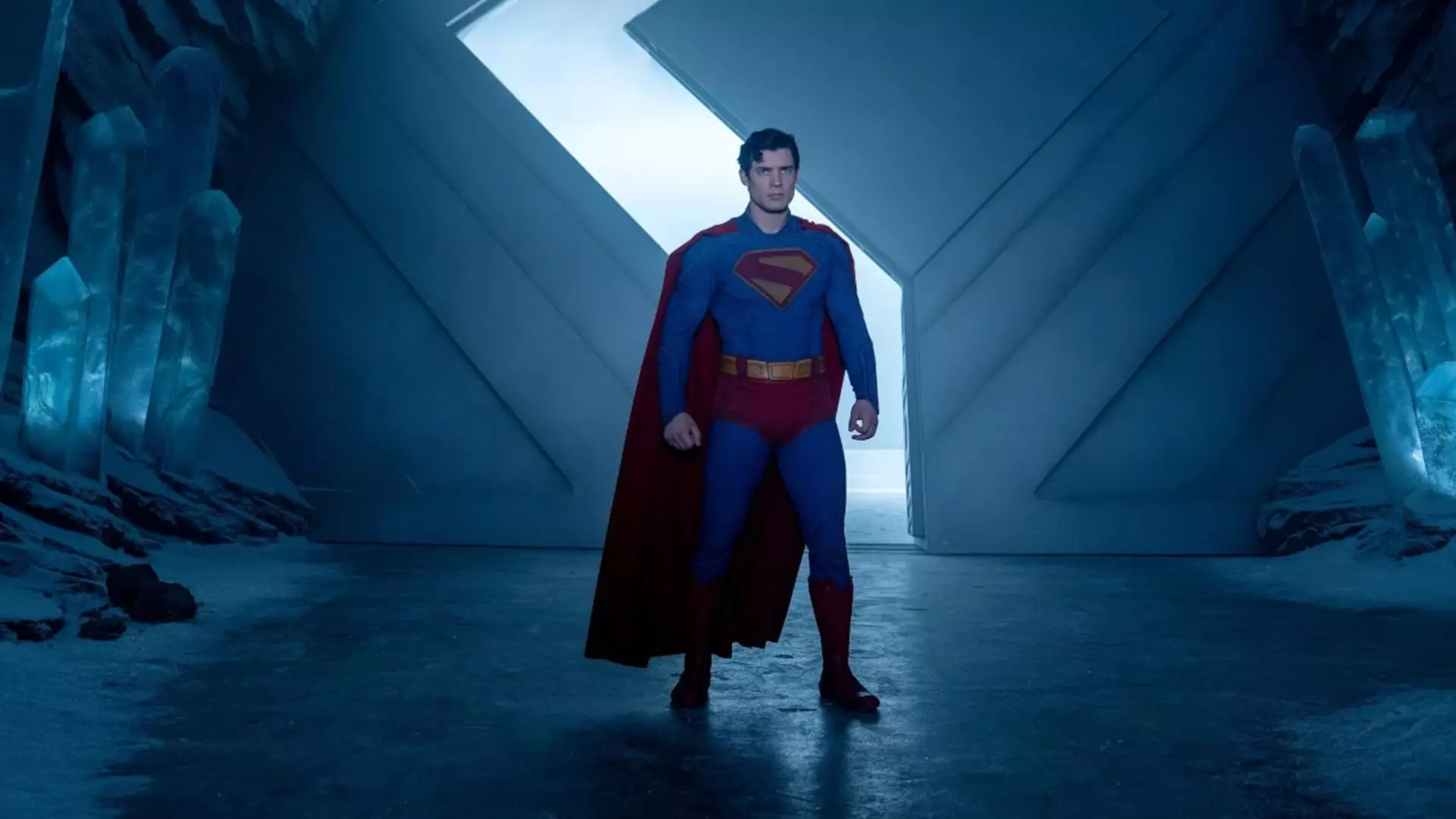The recent performance of Warner Bros.’ “Superman” signals more than just a box office success; it represents a critical turning point for superhero films, especially within the rebooted DC framework. Launching with an impressive $22.5 million in preview tickets, it surpasses previous expectations and sets a new benchmark for Superman-related premieres. This momentum is not accidental but stems from a strategic recalibration by Warner Bros. under the visionary leadership of James Gunn and Peter Safran, who are determined to redefine the future of DC superheroes on both the big and small screens. The film’s promising numbers underscore a broader shift, suggesting that audiences are hungry for stories grounded in hope and heroism that resonate beyond mere spectacle.
Economic Power and Fan Confidence in a Competitive Market
While $22.5 million in previews is nothing to scoff at, the real significance lies in what this indicates for future box office potential. Analysts project a three-day opening between $130 million and $140 million—a figure that places it comfortably within the upper echelon of franchise openings but also highlights the stiff competition from established Marvel offerings and other blockbuster franchises. That Warner Bros. is striving to emulate and even surpass performances like “The Dark Knight Rises” and “Batman v. Superman” reflects an acknowledgment that the superhero genre remains a lucrative and vital engine for studio success. More importantly, the reception suggests that after years of stagnation and missteps, WB’s investment in fresh talent and perspectives is starting to bear fruit.
New Leadership Brings Renewed Hope and Strategic Direction
Gunn and Safran’s appointment as co-heads of DC Studios marked an intentional shift towards revitalization rather than reinvention. Their decade-long plan underscores an understanding that superhero stories must evolve, focusing on diversification of narrative and character development. Unlike previous efforts that prioritized dark and gritty tones, their approach seems to aim for a blend of authenticity and optimism—a recipe that has historically defined Superman’s appeal. This reboot aims to strike a balance between respecting fan demands and introducing contemporary themes. Their track record with Marvel hits and DC’s internal projects demonstrates that they bring both nuance and experience to the industry, which, if properly executed, could secure the franchise’s longevity.
Early Critical Push and Audience Reception
One of the most telling signs of this film’s potential longevity is its critical reception. An impressive 83% “Fresh” rating on Rotten Tomatoes from hundreds of reviews indicates broad critical consensus that this reboot offers something meaningful. This endorsement is crucial in a landscape where superhero fatigue often leads to dismissive reviews; a well-received film can sustain interest and encourage viewers to embrace the story, reinforcing its box office prospects through word-of-mouth. The fact that critics praise this iteration as a hopeful start for DC’s future capitalizes on a longing among audiences for more uplifting and inspiring narratives—an area the franchise had somewhat neglected in recent years.
The Cultural and Commercial Stakes of a New Superman Era
Ultimately, Warner Bros. and the new leadership team are acutely aware of the cultural weight carried by Superman. This character is more than just a superhero; he embodies ideals of morality, hope, and resilience. The industry’s pivot towards stories that reflect these qualities appears rooted in both market strategy and cultural necessity. In a world increasingly divided, audiences seem eager for icons that evoke shared aspirations rather than divisive cynicism. The potential success of this film could catalyze a reassessment of superhero cinema as a vessel for aspirational storytelling, rather than mere entertainment. For Warner Bros., the stakes are high; failure would not only disappoint fans but also risk undermining the renewed confidence in their franchise overhaul. But if this effort proves resilient, it could mark the beginning of a more balanced, mature superhero genre that appeals to both traditional fans and newer generations seeking optimism.


Leave a Reply